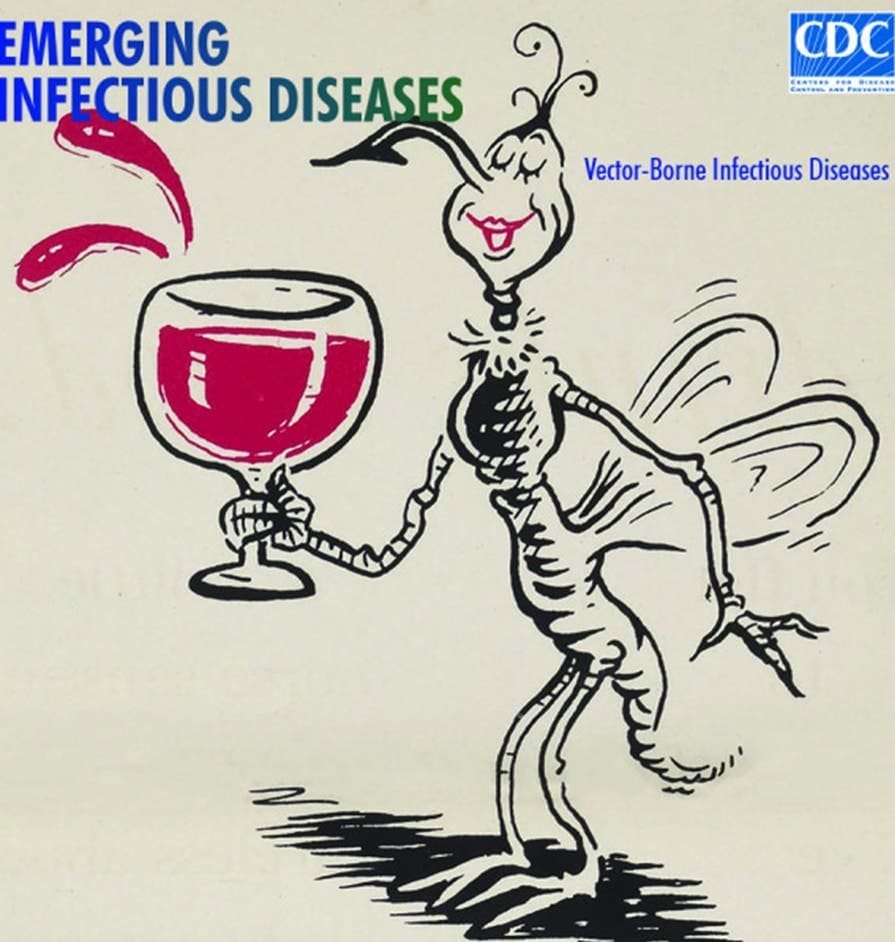The Ruin of Witchwood
Relieved of the post of High Commissioner, Edgar Whitehead returned home to Umtali on the day the bomb burst over Hiroshima. He took a taxi from the railway station, stopped at a few shops to load food and drink supplies for a week and drove out to Witchwood.

Turning off the main road, jarred by the corrugations and potholes on the long steep climb to Witchwood, his heart began to sink. He had cut this road himself only fifteen years before. Grass all but smothered the stone pillars and gate at the farm entrance. The green paddocks which had looked like English fields when he had left in 1939 had returned to bush. The thatch over the portico was smothered in a torrent of golden shower which obscured the baronial double doors beyond that he had long ago rescued from the bank.
Even the road surface on the circular driveway was appalling. He got out of the car and paused to take it all in. To his surprise Nat appeared on the portico. He had been demobilized six weeks earlier on the grounds that he must get Witchwood ready for him on his return. Nobody had informed him of the exact day Edgar would return which made him very angry.
Sumajeri emerged from the kitchen quite unchanged.
The dam wall still held. Edgar looked out over the big expanse of water. That alone was gratifying. He had no livestock but sixty-seven head of the neighbor's cattle were locked in the orchard with nothing to eat except the fruit trees young shoots. They had broken almost every young branch. He would have to dig out and burn all three thousand fruit trees. Replacing them would mean waiting at least another seven years before getting any return.
His labor force had reportedly widely dispersed.
He turned inward. Sumajeri rolled in the tea trolley when what he really needed was a stiff drink. Sinking into his favorite leather bound chair and looking about he saw that white ants had a firm hold inside the house and had destroyed much of the woodwork. The seasoned timber he had stored above the rafters to complete the paneling had been taken.
He took a long draw on his pipe. He knew secondhand farm trucks and agricultural machinery were unobtainable. At more than forty he was faced with starting anew what he had tackled when he was only twenty-five.
The next few months were the worst Edgar ever experienced as he contemplated the ruin of Witchwood.
With such a letdown, reaction to the five years of mental overwork in the Army set in. Insomnia plagued him. When sleep did come the nightmares were so vivid that in his waking hours he wondered if they were real or not. He could not sum up the energy to overcome the obstacles to Witchwood's rehabilitation as the list mounted.
Edgar had been no stranger to malaria in West Africa. During his two tours of duty there he had become partially immune to the most prevalent and recurring form, Plasmodium falciparum. He came to shrug off the recurrences as no more than a three day cold. Allergic to quinine, he always carried with him his own supply of Atabrin as a suppressant. But despite this, in his weakened state, a heavy recurrence now added greatly to his depression. (Ten percent of deaths in Southern Rhodesia then were due to this prevalent and most lethal type of malaria.)
Combined these maladies caused an enforced idleness. He and Nat began to drink more than was wise. Beer was in short supply. Whisky was unobtainable. Gin made from South African cane spirit and raw South African brandy were poor substitutes.
But a turning point came in a most unusual way.
The historical novel Whitewashed Jacarandas and its sequel Full of Possibilities are both available on Amazon as paperbacks and eBooks.
These books are inspired by Diana's family's experiences in small town Southern Rhodesia after WWII.
Dr. Sunny Rubenstein and his Gentile wife, Mavourneen, along with various town characters lay bare the racial arrogance of the times, paternalistic idealism, Zionist fervor and anti-Semitism, the proper place of a wife, modernization versus hard-won ways of doing things, and treatment of endemic disease versus investment in public health. It's a roller coaster read.
- References:
- Sir Edgar Whitehead's Unpublished Memoirs, Rhodes House, Bodleian Library, Oxford, by permission.
Photo Credit: History, by Becky Little. Published August 31, 2022. https://www.history.com/news/malaria-cdc-world-war-ii

